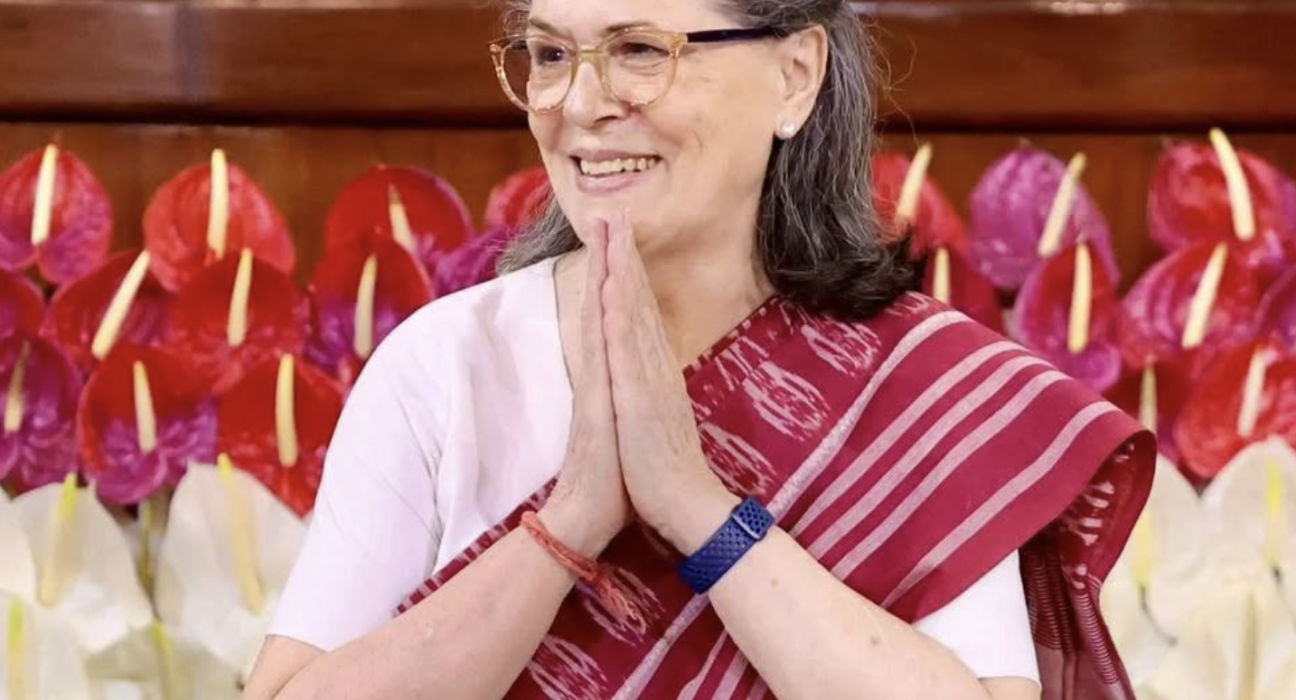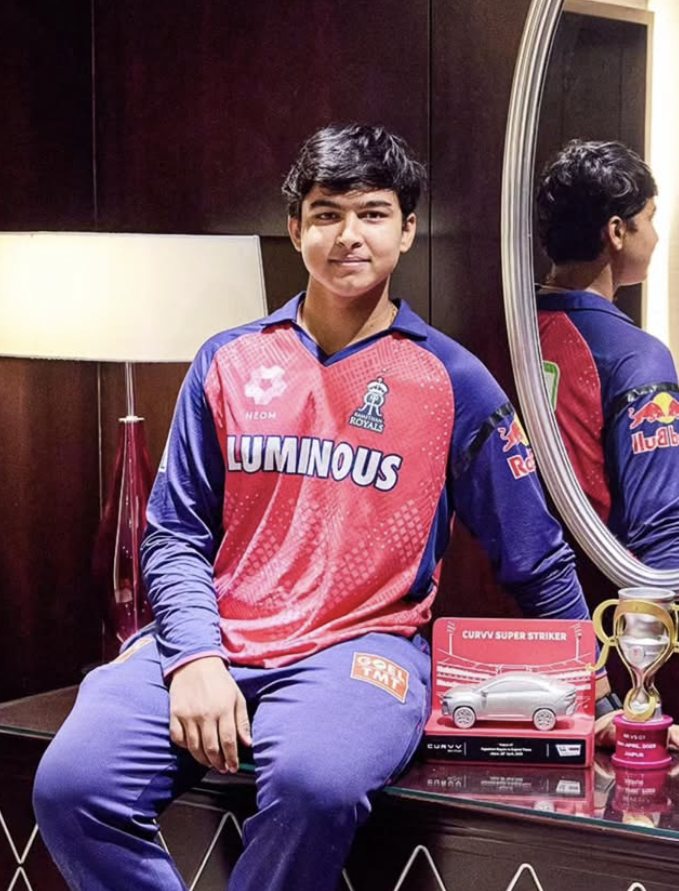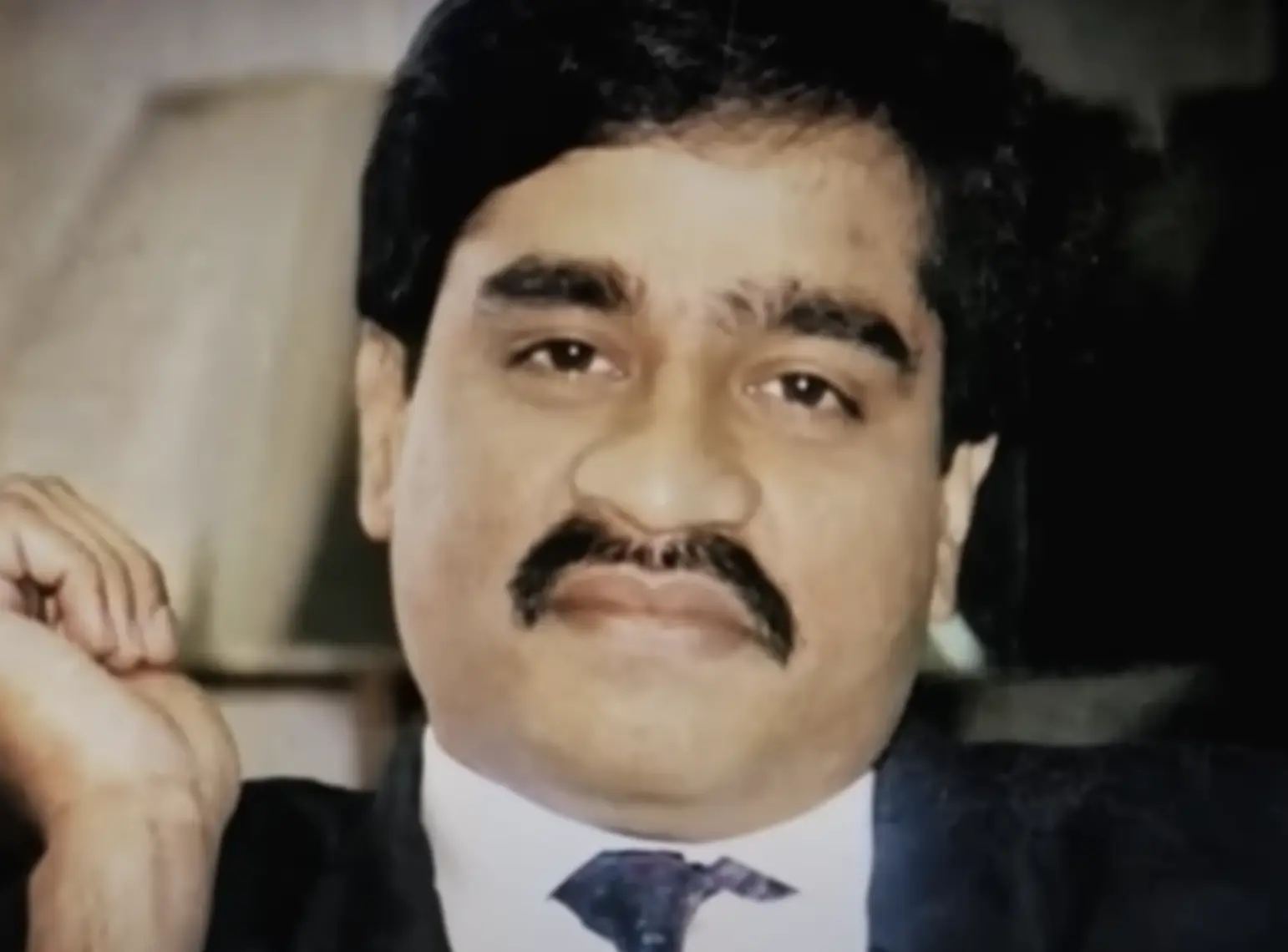Introduction
Sonia Gandhi, synonymous with Indian politics, has shaped the Indian National Congress and the political scenario in the country. He was born in Italy and later became a key person in India, and his biography is a compelling story of flexibility, leadership, and dedication. From her quiet life as Rajiv Gandhi’s wife to her role as Congress President, Sonia Gandhi’s visit is both inspiring and composed.
This blog post details the biography of Sonia Gandhi and discovers her early life, political career, controversy, and permanent impact on India. Whether you are eager about her personal conflicts or its political influence, this guide takes a wide look at her extraordinary life.
Sonia Gandhi’s early life
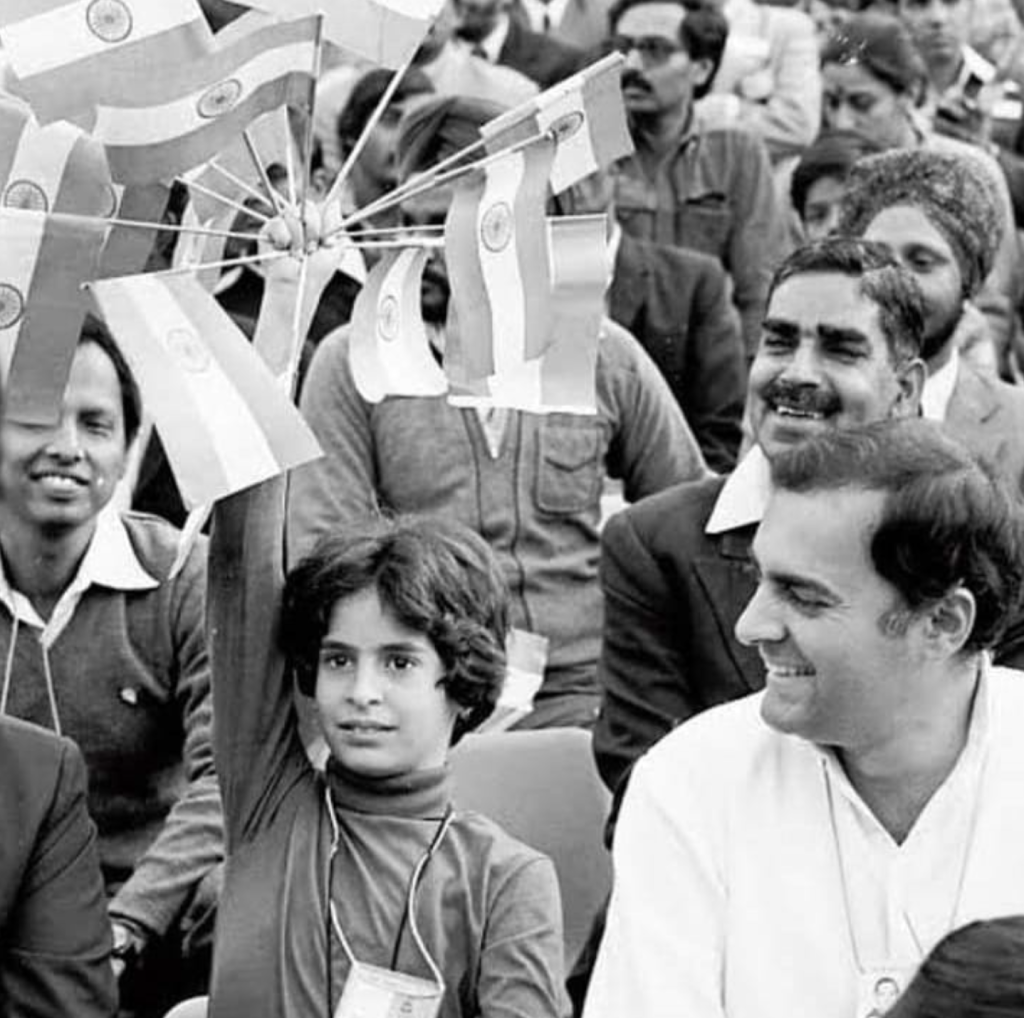
Childhood in Italy
Sonia Gandhi was born on December 9, 1946, as Antonia Edwiga Albina Meno in Lusiana, a small town in Veto, Italy. His early life was spent in a smaller Catholic family and was characterized by simplicity and traditional values.
- Main details:
- Family: The daughter of Priyanka Gandhi Vadra and son is Rahul Gandhi.
- Education: Studied at a local Catholic school and later learned English in Cambridge, the UK.
- Early interest: Developed interest in language and culture, which later affected adaptability in India.
Meeting Rajiv Gandhi
In 1964, while studying English at Cambridge, Sonia met Rajiv Gandhi, a student at Trinity College. His romance flourished, which led to their marriage in 1968. Sonia went to India and embraced a new culture and life.
Table: Sonia Gandhi’s Early Life Timeline : Sonia Gandhi Biography: Life, Leadership and Heritage From a Political Icon
| YEAR | EVENT |
| 1946 | Born in Lusiana, Italy |
| 1964 | Met Rajiv Gandhi in Cambridge, UK |
| 1968 | Married Rajiv Gandhi, moved to India |
Into Indian politics
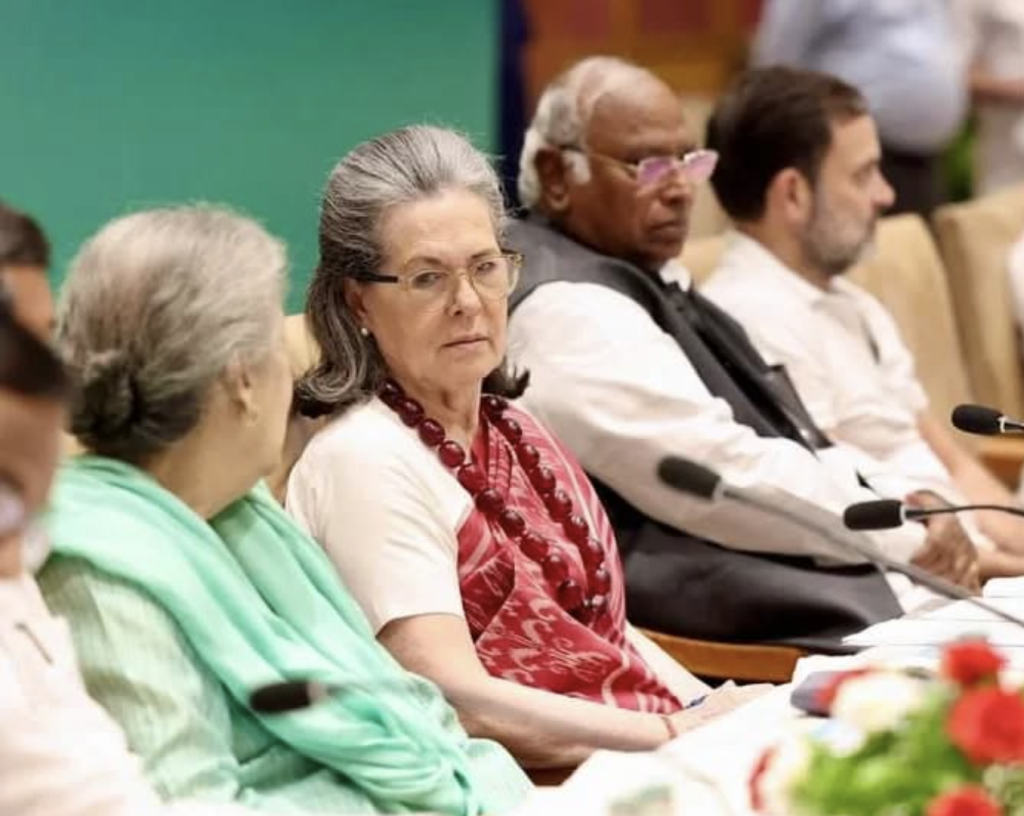
Untouched start
Sonia Gandhi originally stayed away from politics, focused on the family, and supported Rajiv, who became the prime minister after the assault on Indira Gandhi in 1984. Rajiv’s killing in 1991 makes Sonia in the headlines.
- Big Moments:
- To begin with, despite the pressure of the congress leaders, he refused to enroll in politics.
- Focused on raising their children, Rahul and Priyanka, and managing the Rajiv Gandhi Foundation.
Join the Indian national congress
In 1997, Sonia began in the Indian National Congress as a primary member and was elected Congress President in 1998. His leadership restarted the party, which struggled for election loss.
Statistical: Under the leadership of Sonia, the Congress won 145 seats in the election in Lok Sabha in 2004, a significant growth from 114 in 1999, according to the Election Commission in India.
Sonia Gandhi’s political career
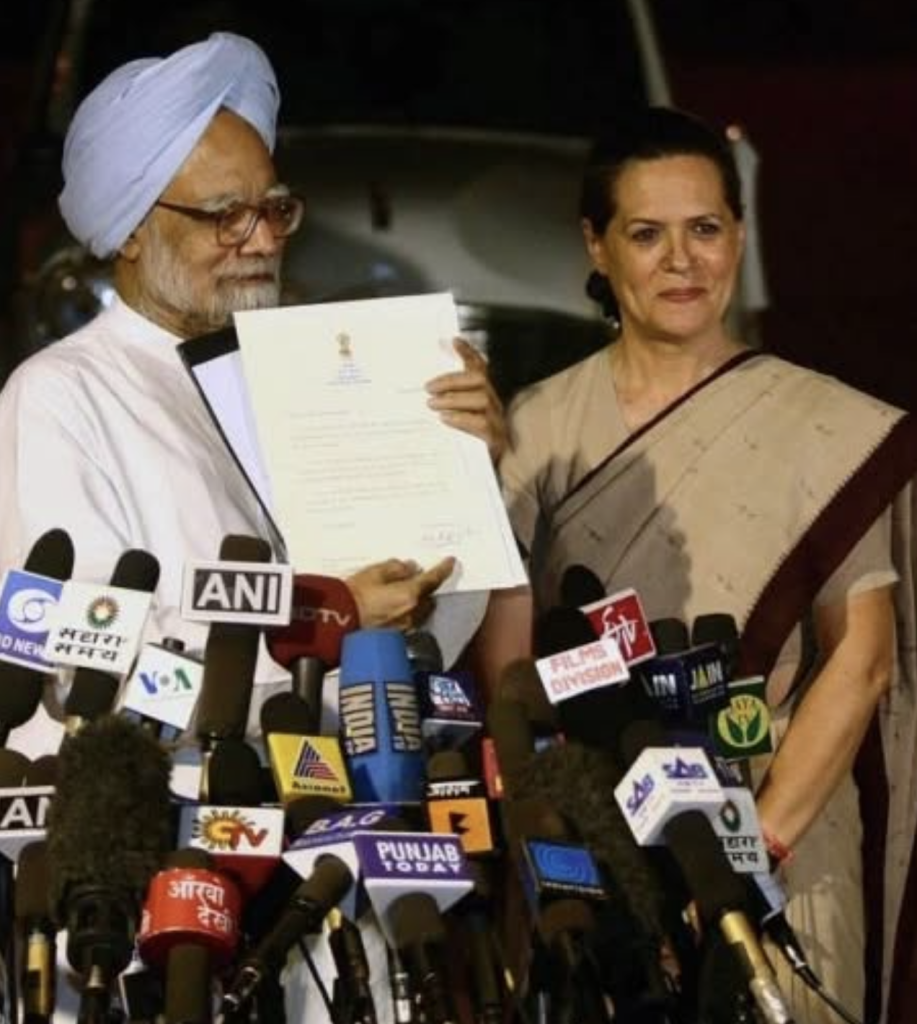
Leading as Congress President
Sonia Gandhi served as Congress President from 1998 to 2017, making her one of the longest-serving officials in the party’s history. He played an important role in creating the United Progressive Alliance (UPA), which governed India from 2004 to 2014.
- Achievements:
- He led the UPA victory in the Storting elections of 2004 and 2009.
- Guidelines such as the Right to Information Act (2005) and the Mahatma Gandhi National Rural Employment Guarantee Act (MGNREGA).
- Congress strengthened the presence of ground level through organizational reforms.
The Prime Minister’s role decreases
In 2004, despite leading UPA to win, Sonia rejected the prime minister’s position with reference to personal reasons. He nominated Manmohan Singh, a decision that received both praise and criticism.
Case Study: Sonia’s decision to withdraw from the role of prime minister was seen as a strategic step to counteract opposition lectures on her foreign origin and strengthen her image as a selfless leader, as mentioned in the BBC report from 2004.
Disputes and challenges
Foreign original debate
Sonia’s Italian background discussed his eligibility to lead Indian politics. Critics, especially the opposition parties, questioned him as “Native American,” while supporters emphasized his contribution and adoption of Indian culture.
Health problems and back steps
In 2011, Sonia underwent surgery abroad for an unknown disease, causing speculation about her health. He went as congressional president in 2017, gave the baton to his son, Rahul Gandhi, but was active as UPA chairman.
Sonia Gandhi’s heritage
Contribution to Indian politics
Sonia Gandhi’s heritage lies in her ability to unite a diverse lot and run it through turbulent times. His focus on social welfare programs such as MGNREGA has had a permanent impact on rural India.
- Main contribution:
- Strengthen the representation of women in politics.
- Promoted inclusive policy for marginalized societies.
- The secular ideology of the congress was maintained in the midst of polarized politics.
Personal life and family
Sonia is still a private person, focusing on the family and the Rajiv Gandhi Foundation. His children, Rahul and Priyanka, continue their political heritage in the Congress Party.
Conclusion
Sonia Gandhi’s biography is a testament to her flexibility, leadership, and commitment to India. From his humble start in Italy to becoming an important person in Indian politics, the journey reflects his dedication and victimhood. Their policy and leadership continue to shape the Congress Party and the sociopolitical climate in India. In the comments below, share your views on Sonia Gandhi’s heritage. Find out about our Indian leadership series for more inspiring stories !
FAQs
1. Where was Sonia Gandhi born?
Sonia Gandhi was born December 9, 1946, in Lusiana, Vedanato, Italy.
2. Why did Sonia Gandhi reject the position of prime minister in 2004?
Sonia rejected the role due to personal causes and political strategy, nominating Manmohan Singh to lead the UPA government.
3. What are the most important political achievements of Sonia Gandhi?
He led Congress to win in 2004 and 2009, introduced large legislative legislation such as MGNREGA, and strengthened the party’s organizational structure.
4. How has Sonia Gandhi influenced Indian politics?
Sonia revived the Congress Party, made social welfare champions, and promoted inclusive boards, which had a permanent impact on India’s political scenario.



